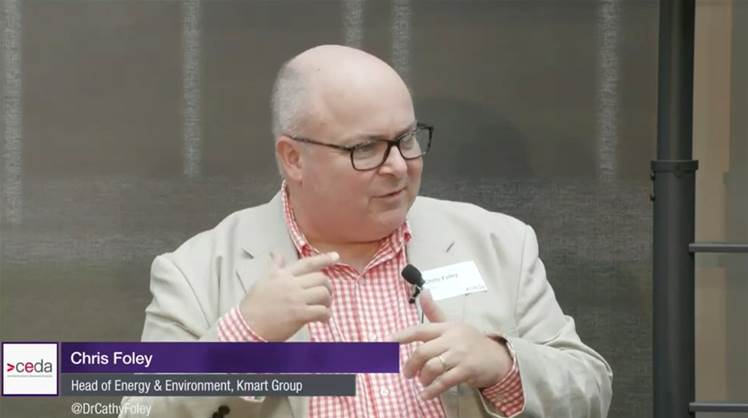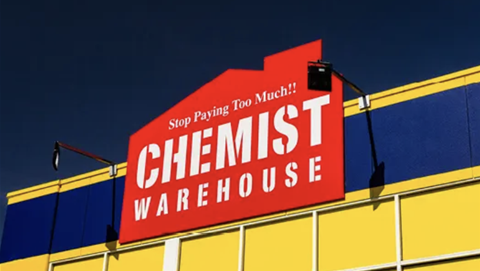The key way in ensuring that 2030 and 2050 net-zero targets are met is through incentive strategies for business leaders, according to Chris Foley, head of energy and environment at Kmart Group.
Speaking in a panel at the Committee for Economic Development of Australia’s (CEDA) recent webinar, ‘Is Australian business on-track for net-zero by 2050’, Foley highlighted KPIs as a critical component in generating accountability when it comes to business sustainability.
According to Foley, “If there's one thing your business or businesses can and should be doing its actually making somebody accountable and putting a number on it.”
Foley said that within Wesfarmers Group, which includes Kmart, Target, Bunnings, Office Works and other large Australian enterprises, there is a focus on internal incentives and alignment.
“That starts with KPIs being embedded in senior leadership,” he said.
“To have the managing director come to me and say ‘Chris, can we go harder on scope two emissions? We’ve improved the energy efficiency of our stores by 35 percent, yay team, how do we get the 40? It's in my KPIs,’ good things happen.”
Foley also believes that in order to improve a business’ scope three emissions, they need to be incentivising suppliers.
In Kmart Group, scope one and two emissions only account for 3 percent of the business’ total carbon emitted, with the rest existing across a supply chain of over 1000 suppliers across 17 countries.
“Certainly the regulatory framework needs to be there. There has to be policy for investment certainty, that's a given. But the way we then work with our supply chain is absolutely changing,” said Foley.
Across Kmart’s scope three emissions, 65 percent come from product use, rather than from the product itself he said.
“We've got a whole lot of programs and initiatives that we're just finalising at the moment to really go hard with our suppliers very collaboratively and take them on that journey.”

CEDA



_(28).jpg&h=140&w=231&c=1&s=0)
_(20).jpg&h=140&w=231&c=1&s=0)




_(26).jpg&w=100&c=1&s=0)

 iTnews Executive Retreat - Security Leaders Edition
iTnews Executive Retreat - Security Leaders Edition












_(1).jpg&h=140&w=231&c=1&s=0)



